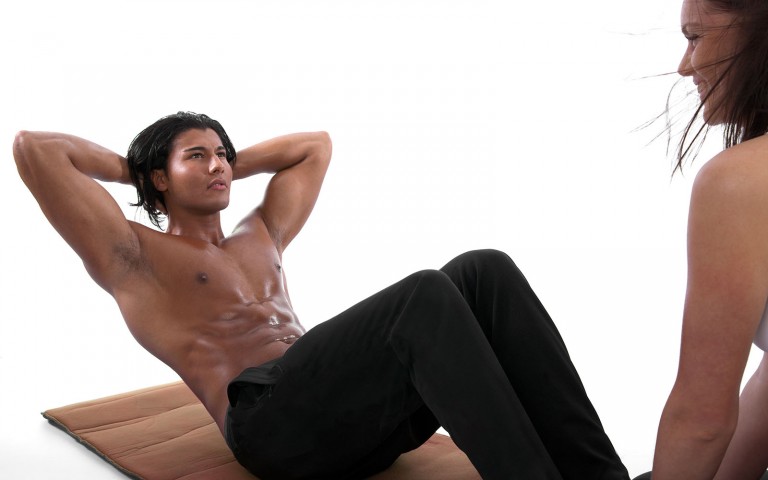
Photo: cemark | DollarPhotoClub
Men! Indian men! Does exercise benefit you when it comes to sexual performance? Nobody knows! Science has yet to weigh in on the matter. So far there hasn’t been research looking the effect of exercise on the sexual function of South Asian specifically. At least that would be a conclusion one could draw from a study in the US that claims to be the first to examine what benefit exercise has on black men and their sexual performance. Up to now, it seems the question was only asked about white men.
Recently a MP questioned whether tobacco causes cancer among Indians and said that the matter hadn’t been researched (Yes, tobacco use does cause cancer and the MP was wrong, it has been researched in India). Both the exercise-sex study and the MPs questions seem to miss the point of conducting the same research on a new population. One reason would be to find differences that you suspect are due to some biological, cultural or social variations. For example, since the human body produces Vitamin D in response to direct exposure to sunlight, it would make sense to study what effect on the amount of vitamin D production direct sunlight has when it comes to light-skinned and dark-skinned people. Another reason would be to show that the new population is similar to the old one, in situations where that doesn’t seem obvious. What you don’t need to research is whether poking a light-skinned person with a needle causes pain, if you have already established that for a dark-skinned person. There is no reason to suspect otherwise.
So, when it comes to sexual function, it seems safe to assume that if exercise helps white men perform better, it will also help black men. And brown men. And men of any other color or race. There is no theory to suggest that there would be any difference.
And that is exactly the conclusion that the study examining black men came to. The researchers looked at self-reported exercise levels in a sample population and grouped them into four different activity levels: sedentary, mildly active, moderately active or highly active. Participants also reported their sexual function, including the ability to have erections, orgasms, the quality and frequency of erections and overall sexual function.
Regardless of what race they were, men who exercised more often had better sexual function scores. The benefits showed up when men got in 18 metabolic equivalents (METS) of exercise per week. According to the authors, 18 METS are require two hour of strenuous exercise, such as running or swimming, or 3.5 hours of moderate exercise, or six hours of light exercise. A person could mix up different types of exercise to get to 18 METS.
For those who cannot manage to get in that amount of exercise in a week, keep two things in mind. The first is that there are other reasons to exercise, even a little, since exercise has benefits for your heart, other major organs and overall health. And even some exercise may help when it comes to sexual function.
Second, While men who did not exercise as much tended to report lower levels of sexual function, it’s important to remember that lack of exercise isn’t the only contributor to low sexual function. Diseases such as diabetes and heart disease, old age and smoking can also have a negative impact. Match the amount of exercise you do with your current health and fitness levels and don’t go overboard just to become a sex superstar.
The study was published in the May 2015 issue of the Journal of Sexual Medicine.
Share your thoughts, leave a comment below. Please like FamiLife’s page on Facebook so that you get all our articles and others may find us.

Pingback: Sex drive differ between genders - FamiLife